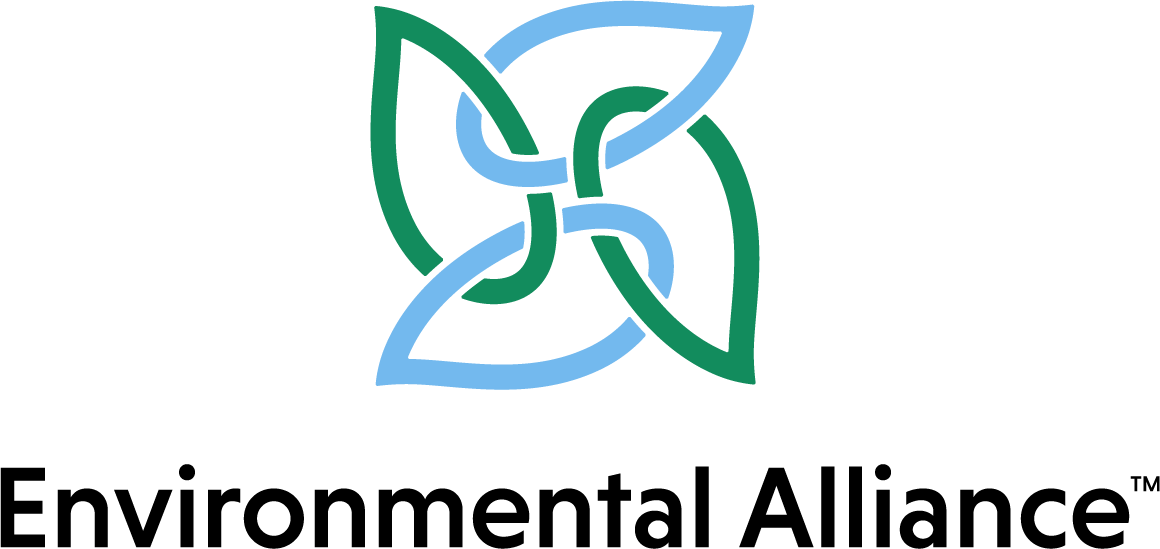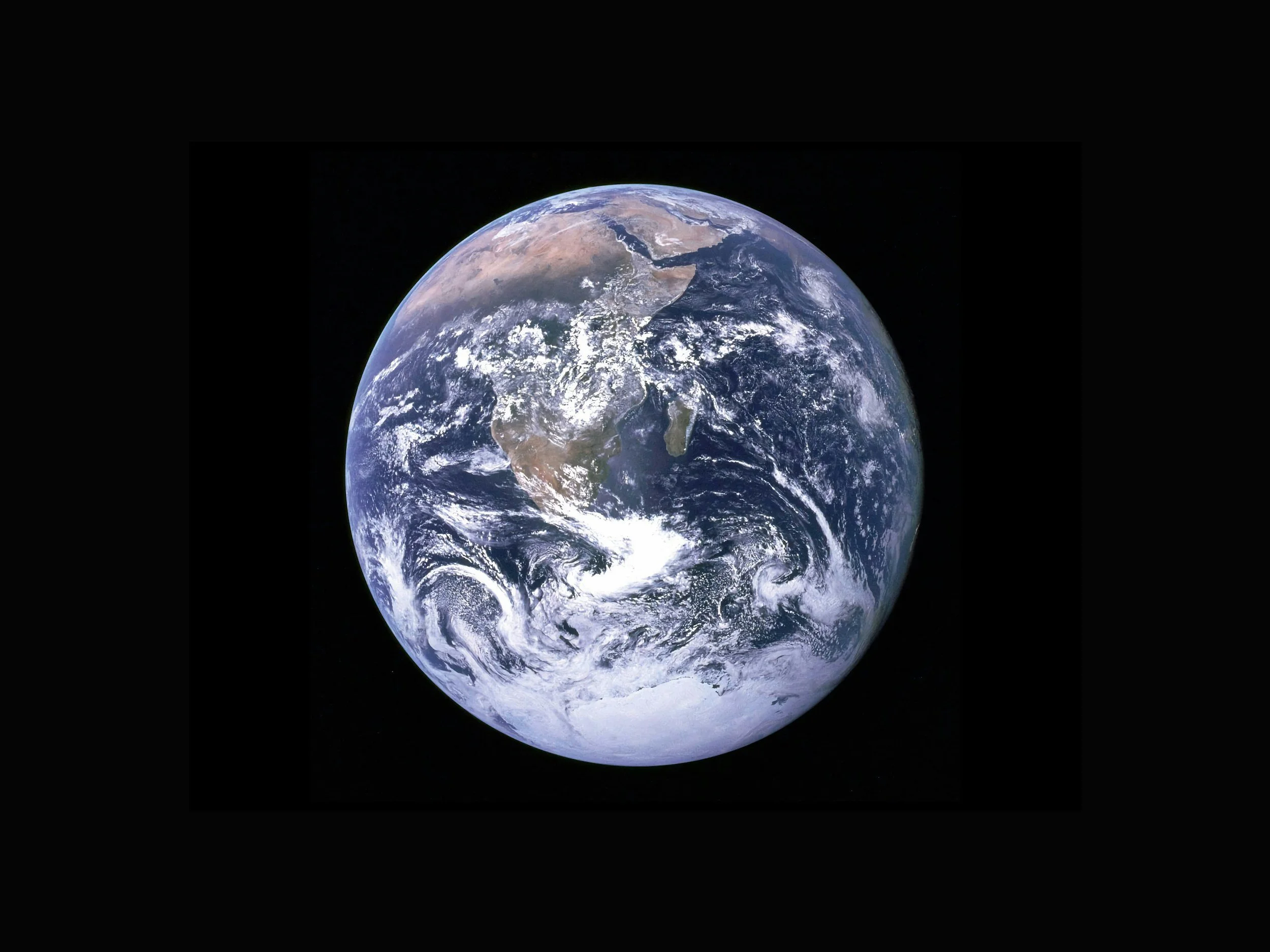EARTH DAY
APRIL 22
EARTH DAY: APPRECIATING THE PLANET WE DEPEND ON
Earth Day began in 1970 as a moment of collective concern, but over time it became something larger. It is now one of the most widely recognized environmental observances, reminding us that the health of the planet is directly linked to the wellbeing of every community. The water we drink, the soils that grow our food, the air that fills our lungs, and the ecosystems that support biodiversity all come from the same shared Earth. This day invites us to pause and consider how our choices, systems, and priorities shape the world future generations will inherit.
Although Earth Day is often associated with cleanups or tree plantings, the deeper purpose is reflection and renewal. It is a chance to look at where progress has been made and where gaps remain. It encourages a broader understanding of what environmental care means in daily life. Rather than a single event, Earth Day is part of an ongoing effort to strengthen the relationship between people and the natural world.
WHAT DOES A HEALTHY EARTH LOOK LIKE?
A healthy planet supports balance across ecosystems, communities, and economies. Natural ecosystems are protected so they are able to thrive. Cities invest in green spaces, air quality remains safe, and agricultural systems work with nature rather than against it. A healthy planet is not free of change, but it is able to absorb stress without collapsing. This strength comes from biodiversity, strong governance, community participation, and thoughtful planning.
In everyday life, this might look like coastal regions restoring wetlands that buffer storms. It might look like neighborhoods improving tree cover to reduce heat. A healthy planet is shaped by choices at every level. The vision is simple. People and ecosystems should be able to thrive together.
GLOBAL AND LOCAL EFFORTS RESTORING EARTH’S NATURAL SYSTEMS
Global initiatives such as the UN Decade on Ecosystem Restoration encourage countries to repair degraded forests, wetlands, and coral reefs. The Intergovernmental Science Policy Platform on Biodiversity and Ecosystem Services provides assessments that help guide conservation priorities.
In Washington State, the Snoqualmie Tribe has restored sections of the Snoqualmie River floodplain to bring back salmon habitat and improve water quality. In New York City, the MillionTreesNYC initiative expanded tree cover across all five boroughs, reducing heat and improving urban air quality. The Chesapeake Bay Foundation are rebuilding oyster reefs that filter water and protect shorelines.
Earthjustice advances environmental protection through legal strategies. Conservation International supports community led restoration in forests and coastal ecosystems. The Sierra Club organizes volunteers and local chapters to advocate for clean energy, wildlife protection, and public lands.
3 ACTIONS YOU TAKE CARE FOR THE EARTH
Join a local restoration or conservation project — Groups like The Nature Conservancy, local watershed councils, and city parks departments host volunteer events that support tree planting, shoreline restoration, invasive species removal, and habitat care.
2. Support environmental justice organizations — Communities facing the highest pollution burdens often lead the strongest solutions. Consider supporting groups such as WE ACT for Environmental Justice or the Asian Pacific Environmental Network, which advance community centered climate and health work.
3. Learn how your region is planning for a sustainable future — Cities and counties publish sustainability or resilience plans that outline local priorities. Reading these plans and participating in public meetings helps shape decisions that affect air quality, green spaces, water resources, and long term environmental health.
EARTHDAY.ORG
HOW CAN I GET INVOLVED?
Volunteer: Join us in our efforts to promote environmental awareness and sustainability in your community. Whether you have a few hours or a few days to spare, your help is invaluable!
Partner with Us: If you're part of a nonprofit, business, or government organization, consider partnering with the Environmental Alliance for collaborative projects or events. Together, we can make a bigger impact!
Stay Informed: Sign up for our newsletter to receive the latest news, events, and ways to participate in our initiatives.
Attend Events: Participate in our upcoming events and awareness days. Check our calendar for dates and details.
Spread the Word: Share our mission with your network. Follow us on social media and help us raise awareness about environmental issues.

